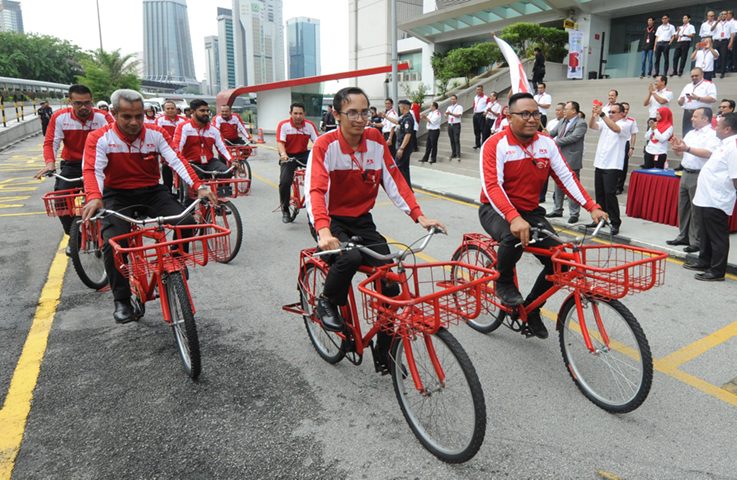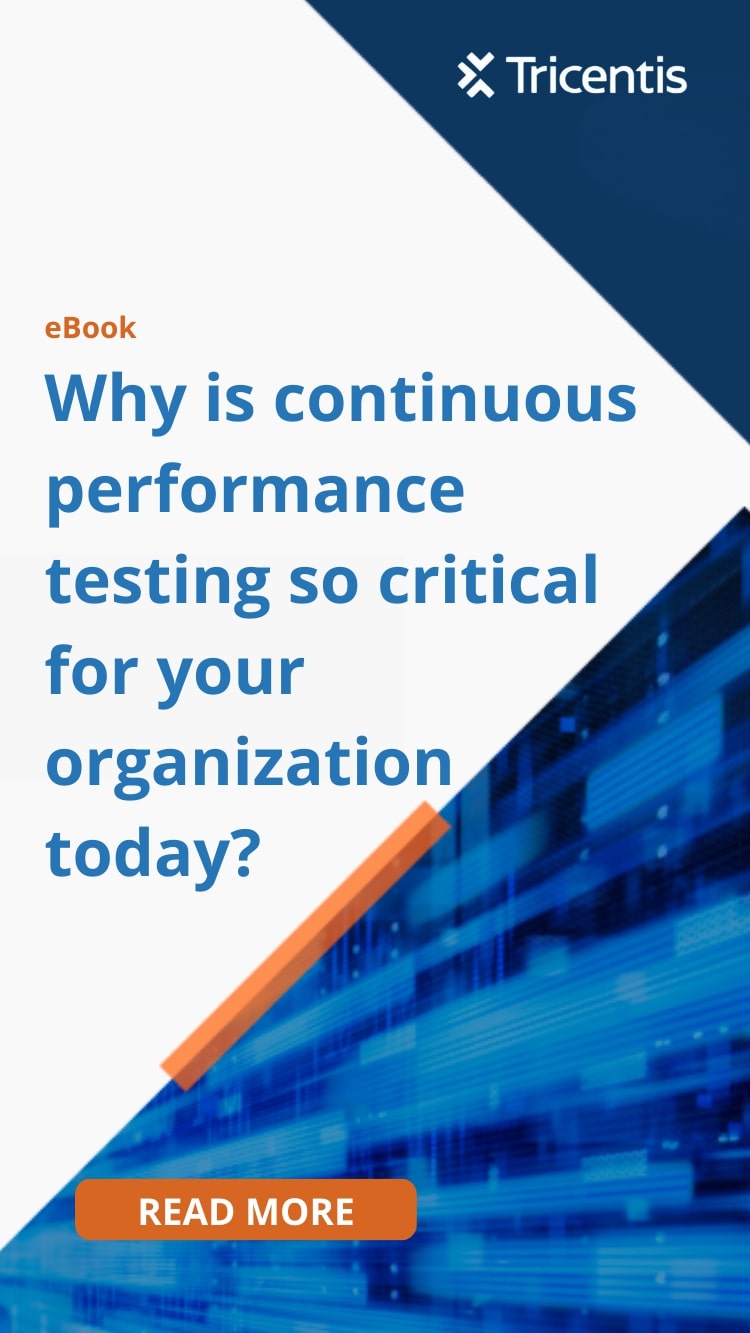Enterprises adopt digital technologies to become resilient, enhance competitiveness, and create value. Artificial intelligence, machine learning, and robotics optimize resources and cut costs. It improves the ecosystem and increases customer satisfaction.
But digital transformation is difficult. It requires a definite break from traditional operating models and legacy architectures. Businesses have to go beyond embracing new technology. They need to patronise digital-savvy talent, develop a new culture of work, and build ecosystem connectivity. Leaders who have embarked on the journey have reaped rich rewards.
Here are some digital transformation success stories from Southeast Asia.
Grab
Grab, the premier ride-hailing app of Southeast Asia expanded footprints through digital transformation. Grab is among the top digital transformation success stories now with a strong footprint in logistics, food delivery, and financial services.
The highlight of the expansion is the financial inclusion of the rural “unbanked.”
Over 50% of the population in Southeast Asia do not have access to banking services, and 80% of them do not have access to loans.
Grab applied automation to ease and speed up processes. Opening a bank account is an elaborate and expensive process. Grab’s digital ‘Know-Your-Customer’ (KYC) procedures allowed submitting identification documents through mobile devices. The underlying AI platform makes the process secure, easy, and seamless. Grab trains algorithms to make the best choice for customers.
Digital Success Stories in Malaysia- Pos Malaysia

Pos Malaysia, Malaysia’s postal services found itself at the crossroads. The new digital age rendered its traditional business model obsolete. The organisation embarked on digital transformation to cater to changing consumer demands.
Pos Malaysia invested in an automated hub, which optimized sorting and warehouse management. The system became transparent. Customers could track their consignments and schedule deliveries. The post office also offered several online options such as bill-pay and other value-added services.
Asia Pacific University
Digital transformation has a direct impact on the bottom line. In Malaysia, digital transformation increases revenues by 42%, productivity by 47% and process efficiency by 43%. 78% of enterprises improve customer satisfaction.
A big success story is the Asia-Pacific Institute of Information Technology (APIIT). The institute started in 1993 with 60 students in a 12,000 square foot space in one of Kuala Lumpur’s commercial complexes. The institute transformed into the world-class Asia Pacific University (APU). Today, it has a 2.1 million sq ft campus in Technology Park Malaysia, hosting 12,000 students from 130+ countries.
The underlying reason for such huge growth is the company’s focus on technology. The organization applied digital transformation to drive efficiency. The organization invested in the latest technology to improve the quality of all processes. Profits became a by-product of quality.
Digital Transformation Success Stories from Thailand
Forth Smart Service provides top-up machine kiosks for mobile communications carriers, one of the success stories from Thailand.
The company deployed an autonomous data warehouse powered by Oracle. The new system applied automation and machine learning to generate real-time insights. Analysing the two million transactions that occur per day took two to three days. The new system cut down the time to seconds, sparing staff to focus on higher-value tasks. Complex segmentation and predictive analytics, not possible before, further lead to innovation and improved strategies.
Vietnam’s FinTech Company
A leading consumer finance company in Vietnam digitalized lending and consumer acquisition. The trigger was the stiff challenges from new foreign entrants.
The company leveraged Big Data and AI to roll out an efficient app. The app digitalized loan application, approval, and disbursement processes for customers. In the backend, APIs integrated the myriad host of digital technology and solutions. The new system eliminated paper-based application and in-person KYC procedures. Processing time for consumer loan borrowing reduced from four to five days to less than 15 minutes.
The gains realised through efficiency improvements, cost savings, first-mover advantage, and increased retention.
Singapore’s Healthcare Company

More than half (53.3%) of SMEs across Southeast Asia invest in analytics and RPA to complete process-oriented tasks.
One of the leading healthcare companies in Singapore automated its BPO engagements. The incumbent manual process required hard-to-gain domain knowledge. It also involved re-checks to avoid human errors. The pressure to scale-up as the businesses expanded put pressure on staff. The long, intense working hours and heightened stress levels sapped the vitality of the firm.
In the new system, bots executed a majority of the scenarios. Bots had an authority threshold beyond which the case escalated to the human team. The human team thus had to bother only with complex cases that required human judgment. Workshops involving the C-suite and business leads addressed the pain points.
The bots could process twice the volumes using the same resources. The capacity to scale up without lead time delivered tremendous resilience and growth.
Start-ups Galore in Indonesia
By 2025 digital transformation will have a US$150 billion economic impact in Indonesia, equal to 10% of its GDP.
A big adopter of digital transformation in Indonesia is traditional agriculturalists. Platforms such as SayurBox, PanenID, TaniHub and RegoPantes connect farmers and buyers, cutting the middleman out. Other platforms, such as 8Villages and Simbah connect farmers with experts. Platforms such as Crowde, Angon, and Eragano connect farmers with investors. Other apps allow farmers to respond to market signals. They could, for instance, find space in a truck moving to a distant market, rather than charter an entire truck. Farmers also apply drones to take their crop monitoring activities to a new level.
Digital ecosystems are not static. Organizations have to reposition themselves as market dynamics evolve. They need to re-evaluate existing alliances and address governance on a real-time basis.
As the above success stories show, enterprises across Southeast Asia respond to such challenges well. They innovate and transform to meet their customers’ changing expectations.











